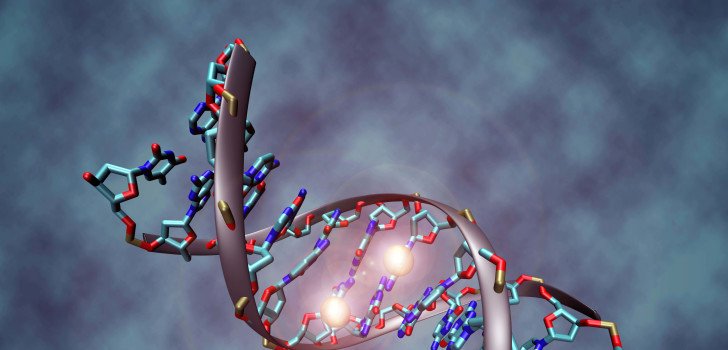This year is seeing real progress for Americans suffering from deadly lung cancer. First, as we covered earlier, Americans will now have access to a long-known yet unavailable Cuban lung cancer vaccine. On Friday, drug company Bristol-Myers Squibb revealed data that showed a new drug therapy can more than double the life expectancy of some patients, in what researchers are calling a “milestone”.
The drug, Nivolumab, stops cancerous cells that are hiding from the body’s own defenses, allowing the cancer to be attacked by other drugs.
The results were presented at the American Society of Clinical Oncology, and were described as “giving real hope to patients”.
Lung cancer kills nearly 1.6 million people every year and widely considered the deadliest form of the disease.
Its hard to treat because it is usually diagnosed late and many people with smoking-related diseases are ineligible for surgical options.
The trial, conducted in Europe and the U.S., was on 582 patients who had advanced lung cancer and had run out of treatment options.
People on the regular course of drugs lived for 9.4 months at that stage, but those who took Nivolumab lived for 12.2 months on average.
But some patients did unbelievably well. Those who had tumors that were producing high levels of PD-L1, the key mechanism targeted by the new drug, lived for another 19.4 months.
Lead researcher Dr Luis Paz-Ares, from Madrid’s Hospital Universitario Doce de Octubre, said: “[The results] mark a milestone in the development of new treatment options for lung cancer.”
“Nivolumab is the first PD-1 inhibitor to show a significant improvement in overall survival in a phase III trial in non-squamous non-small cell lung cancer.”
Many other companies are working hard on similar drugs.
Dr Martin Forster, from the University College London Cancer Institute, is conducting trials of some of them.
“It’s really exciting, I think these drugs will be a paradigm shift in how we treat lung cancer” he said.
He outlined that after chemotherapy fails, current survival rates were “dire”.
“But in those that respond [to immunotherapy] there seems to be very prolonged disease control, I think it’s a huge shift in lung cancer and for patients it’s going to be dramatic,” he said.
Dr Alan Worsley, who works for a cancer charity said that “This trial shows that blocking lung cancer’s ability to hide from immune cells may be better than current chemotherapy treatments.”
“Advances like these are giving real hope for lung cancer patients, who have until now had very few options.”
The drugs may also work on a wide range of cancers. Nivolumab has been approved in the U.S. for melanoma.
While the breakthrough is significant these therapies will be very expensive and will pose a challenge for health services trying to deliver them to patients already in financial hardship.
Stay Connected